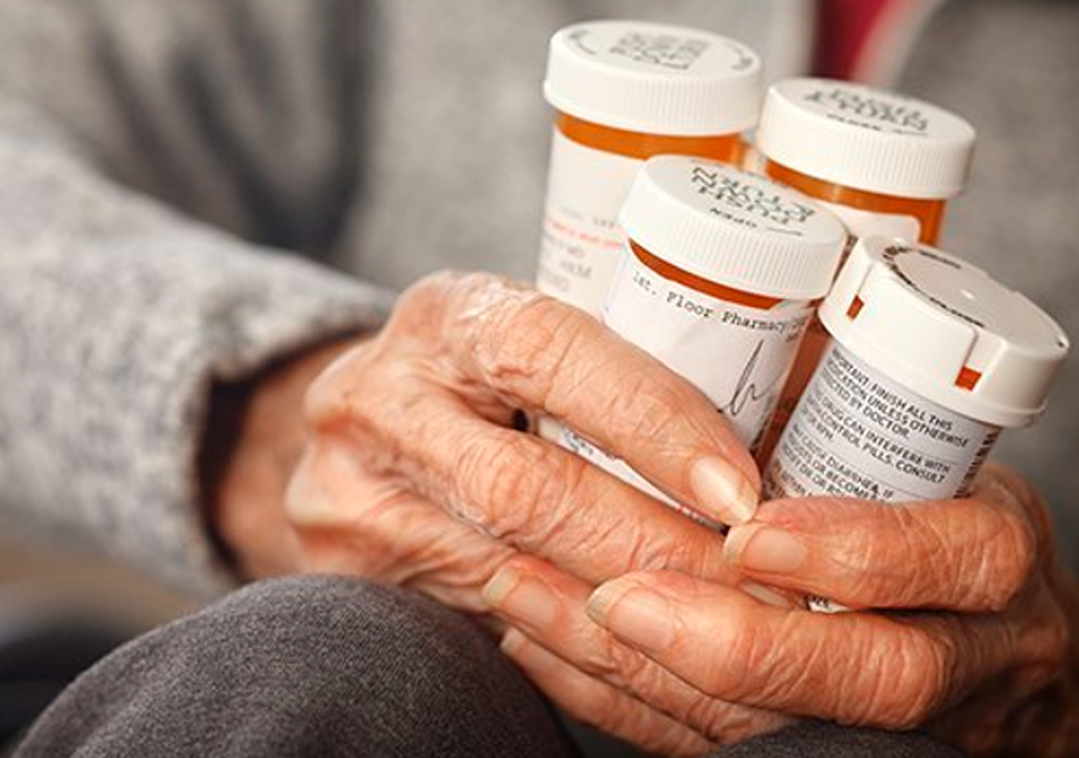Detecting Psychotropic Adverse Drug Events
An international expert panel of geriatricians, psychiatrists, clinical pharmacologists, pharmacists, nurses, and caregivers from 13 different Asia Pacific, European, and North American countries has published a consensus list of the top 10 signs and symptoms indicative of adverse drug events (ADEs) in long-term care residents taking psychotropic medications. Residents taking antipsychotics, benzodiazepines, or antidepressants should be monitored for these signs, said the study’s authors.
The 10 signs and symptoms are recent falls, daytime drowsiness or sleepiness, abnormal movements (such as shaking or stiffness), confusion or disorientation, balance problems, dizziness, postural hypotension, reduced self-care, restlessness, and dry mouth.
The panel agreed that long-term care residents should be monitored for these signs, as they can reduce quality of life or cause significant harm and can be observed and/or measured by nurses and care workers appropriately.
The study authors suggested that their findings could be employed to develop a short, easy-to-use checklist that could be used in long-term care as part of routine monitoring or the monitoring for certain medications such as clozapine. Nurses and care staff are best positioned to use such a checklist, the authors said, as they “often have the greatest opportunity to observe change in a resident.” While this can be challenging when there is high staff turnover, using a checklist could help prevent issues or concerns from falling through the cracks.
Clinical practice guidelines increasingly recommend monitoring for ADEs in people with dementia who take psychotropic medications, the authors observed. They noted, “Having an easy-to-use checklist may prompt and assist clinicians to differentiate between medication-related symptoms and those attributable to an underlying medical condition, which is a key principle for the clinical care of frail older adults.”
For a convenient, reproducible list of the top 10 signs and symptoms indicative of ADEs in long-term care residents taking psychotropic medications, download our info sheet: Signs & Symptoms to Monitor for Psychotropic Adverse Drug Events.
